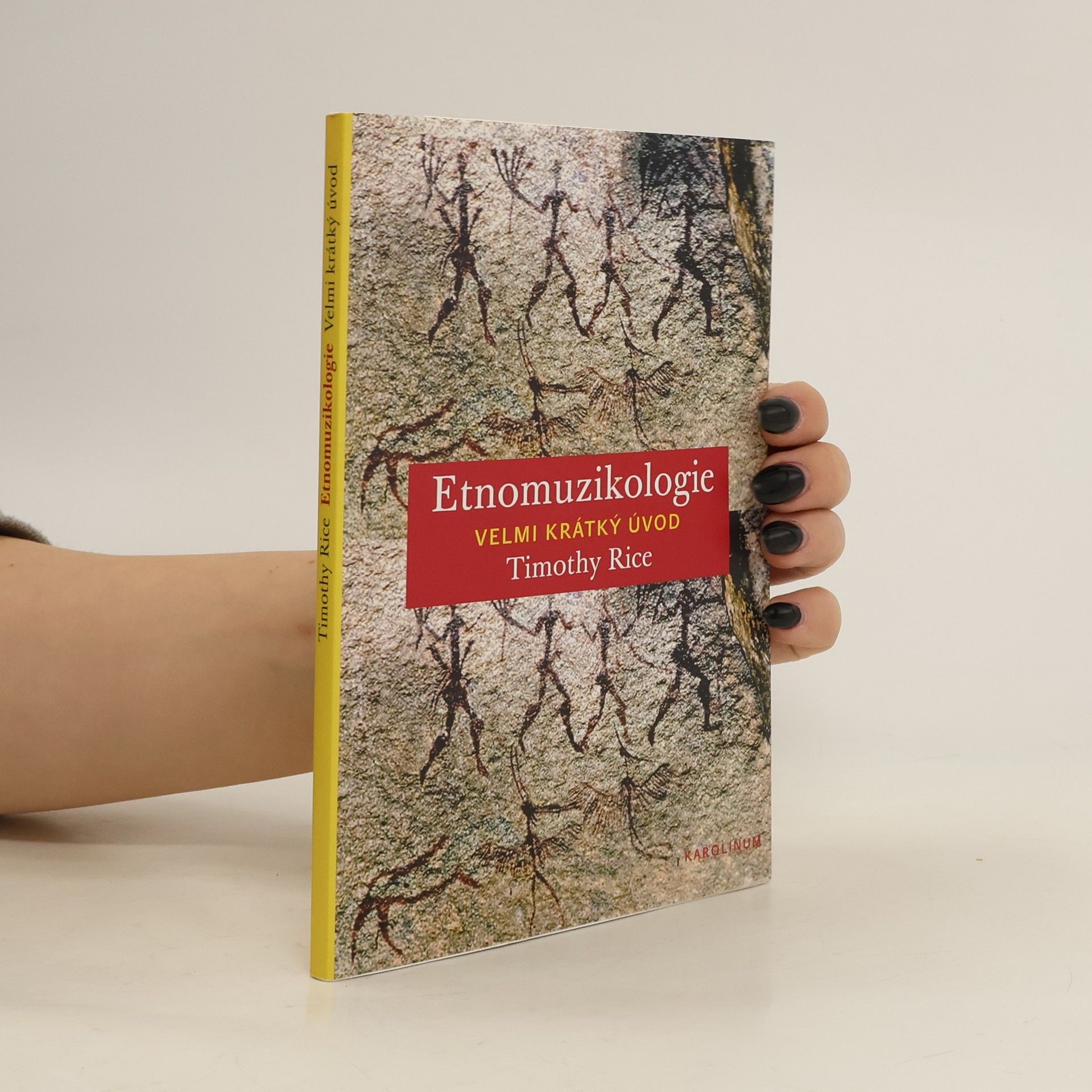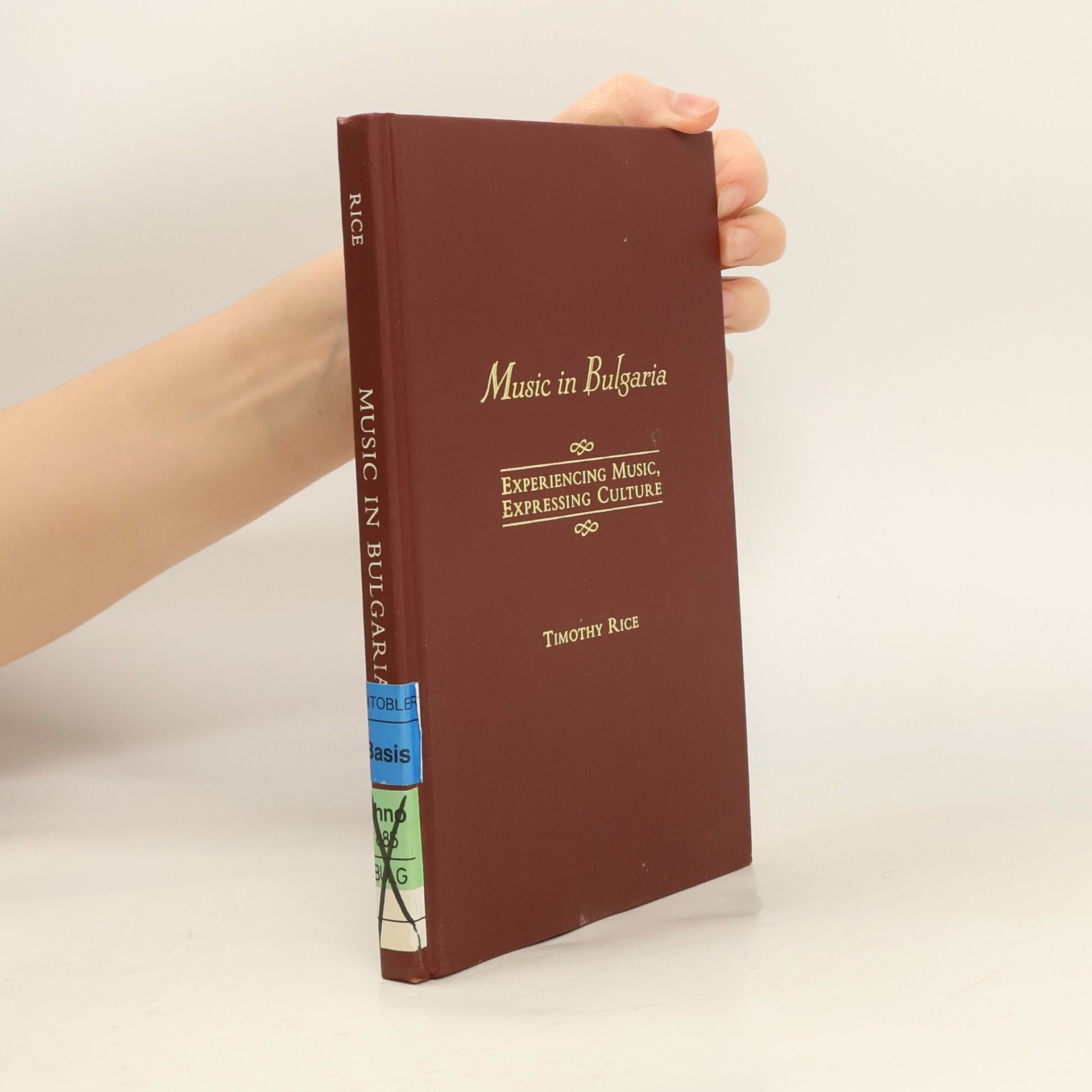Jesus Christ Superstar
Rock Oper
Timothy Rice ist ein führender Experte für die traditionelle Musik des Balkans, mit besonderem Schwerpunkt auf den slawischen Regionen Bulgariens und Mazedoniens. Seine akademische Arbeit als Professor an der UCLA taucht tief in ethnomusikologische Studien ein. Rice widmet sich der Bewahrung und Analyse von Musiktraditionen, die die kulturelle Identität der Region prägen. Seine Forschung bietet wertvolle Einblicke in die komplexen musikalischen Ausdrucksformen und ihre gesellschaftliche Bedeutung.




Rock Oper
This reference comprises Volume 8 in a 10-volume set that explores the music of the world. Rice (ethnomusicology, UCLA), James Porter (Scottish ethnology, U. of Aberdeen) and Chris Goertzen (music, Earlham College) offer 70-plus articles that cover music and its relation to dance, folklore, poetry, religion, and history. Following a discussion of Europe as a musical area and what unifies and diversifies its many different cultural and geographic regions, they look at the history of music, musical performance, European ideas, gender, immigration, and ideology. They also address traditional musical instruments, the transmission of music between generations, and popular, rock, and world musics. Finally, they present the musical cultures country by country, including transnational ethnic groups that have greatly influenced European culture. Contains many b&w photos, as well as guides to publications, recordings, films, and videos.
Flourished despite the social changes brought about by the post-WWII era of industrialization, modernization, and urbanization.
Všichni lidé, nejen hudebníci, jsou muzikální, a muzikálnost je základním kamenem lidské zkušenosti. Abychom plně porozuměli lidské hudebnosti, je nezbytné studovat hudbu v její geografické a historické rozmanitosti. Tento první český úvod do etnomuzikologie představuje, jak tento obor zkoumá fenomén hudby a lidské hudebnosti v různých kulturních, sociálních a historických kontextech. Zájem se netýká pouze tradiční hudby, ale zahrnuje i současné formy, včetně populární hudby. Autor ukazuje, jak se etnomuzikologové účastní hudebních událostí, zaznamenávají je a provádějí rozhovory s účastníky, přičemž se učí hudbu hrát, zpívat a tančit. Dále se dozvídáme, jak navázat důvěrný vztah s hudebními komunitami, analyzovat terénní data a interpretovat je pomocí teorií společenských a humanitních věd. Kniha také reflektuje zajímavé etnomuzikologické výzkumy z celého světa. Je určena studentům muzikologie, antropologie a etnologie, budoucím učitelům hudební výchovy a všem hudebníkům, kteří chtějí rozšířit své hudební obzory a porozumět hlouběji.